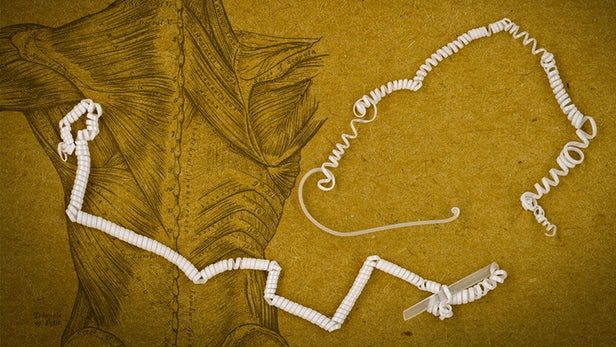Security researchers at McAfee say that hackers have released a do-it-yourself kit that allows people to easily put together phishing scams targeting Amazon users – just in time for Prime Day next week.
McAfee first noticed the so-called 16Shop phishing kit in action in November, when it was being used to create fake emails, supposedly from Apple, trying to gain access to people’s Apple accounts. The scam let hackers create a realistic-looking Apple sign-in page to steal your login credentials.
Starting in May, 16Shop expanded to target Amazon users, McAfee wrote on Friday, July 12. The new version allows would-be hackers to create their own realistic-looking Amazon login page that would give them your username and password — pretty much everything they would need to log into your account. Here’s what it looks like:







